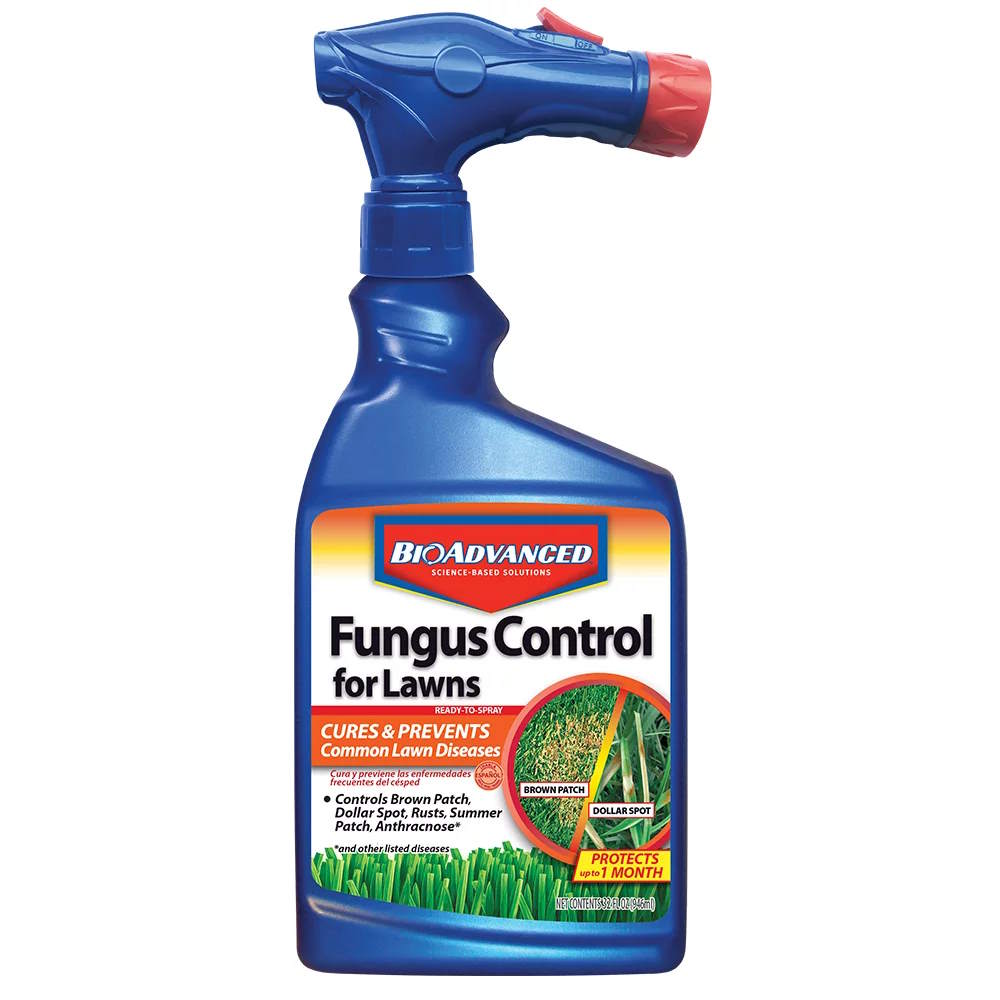How to identify dollar spot on lawns and get rid of the fungal problem
Dollar spot is a really common lawn disease - but what exactly is it?
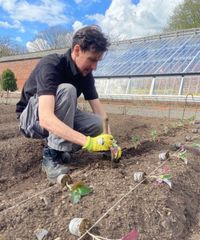
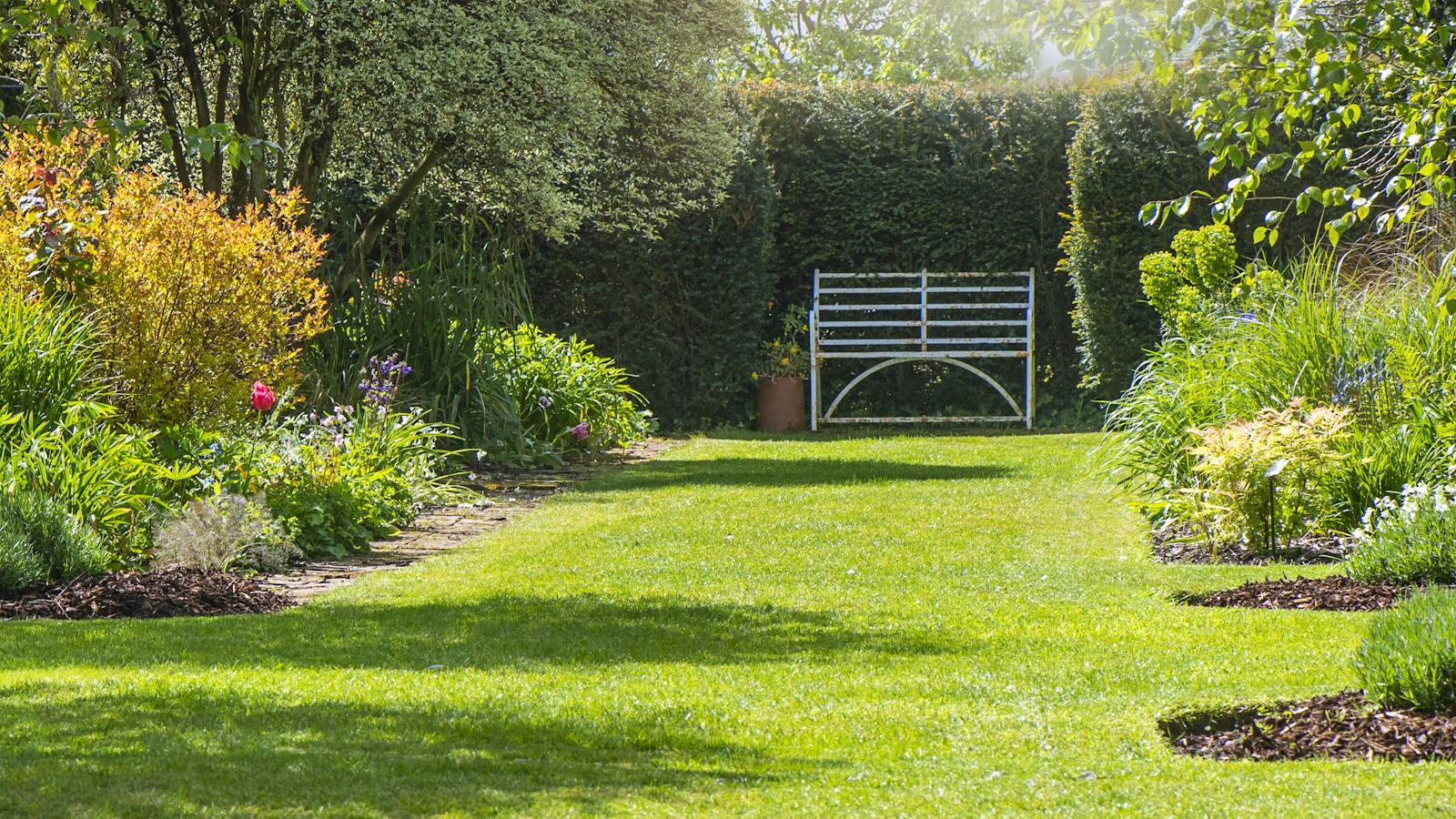
If you see small dollar-sized spots of dead grass on your lawn, then it could be the result of the fungal issue known as dollar spot.
Dollar spot is an issue that affects large numbers of lawns each and every year, but the good news is that it is easily avoidable and treatable. A good lawn care regime can be enough to keep the pathogens that cause dollar spot at bay.
Many people aspire for a pristine green lawn and the appearance of patches of dead grass will be troubling. We take a closer look at the signs to look out for and hear from lawn care professionals about what can be done to avoid dollar spots ruining a green and thick lawn.
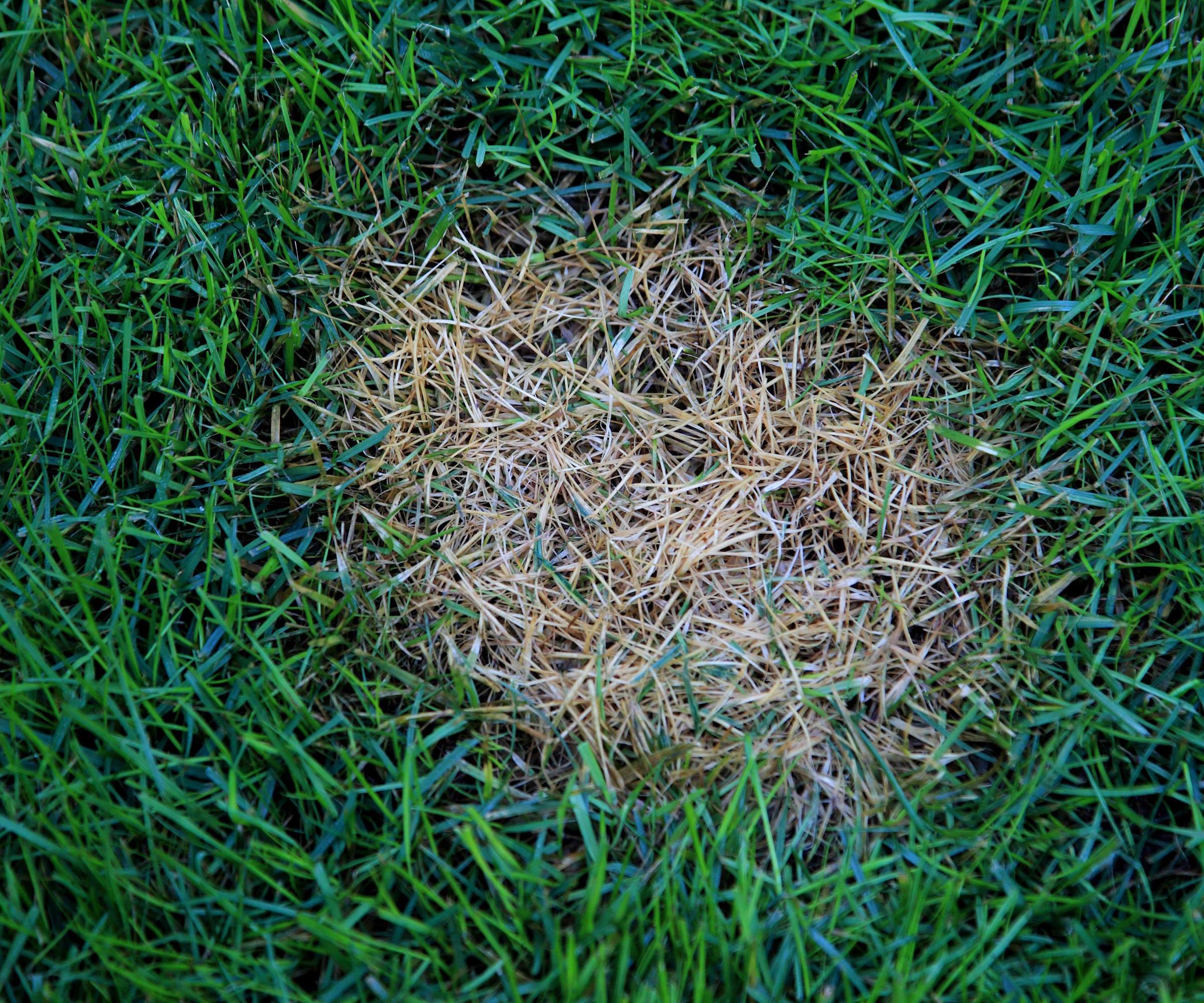
Dollar spots can appear in many different types of lawn
What is a dollar spot?
Dollar spot is a common lawn problem that affects many homeowners every year. The fungal issue can hit different types of grasses and is most prevalent in spring and fall, where it thrives in warm and humid weather.
The pathogen that causes dollar spot, Clarireedia jacksonii, affects just the leaf itself and doesn’t cause problems for the crown or roots of the grass.
What does a lawn dollar spot look like?
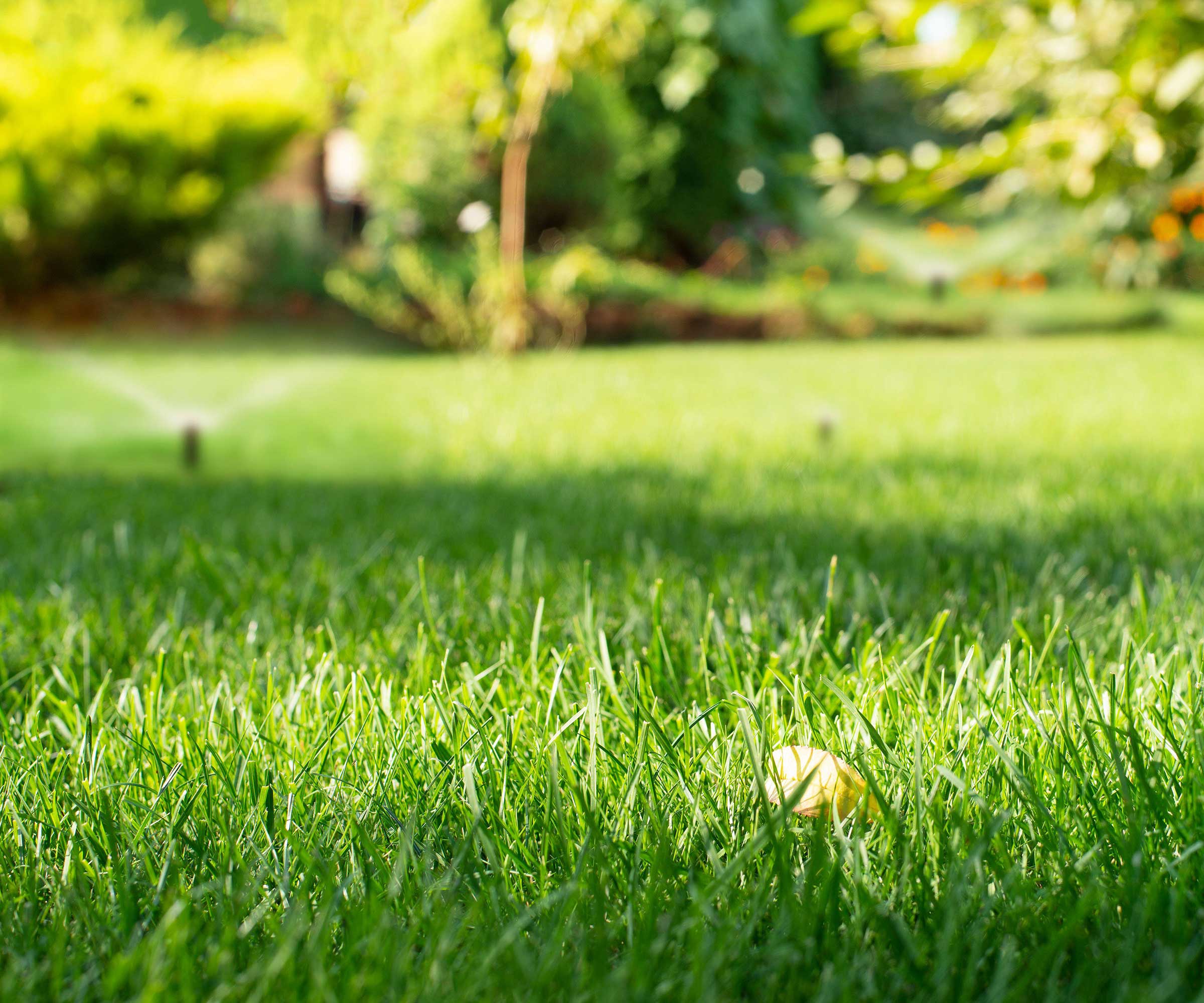
Dollar spots will affect the overall look and health of a lawn
There are some tell-tale signs to look out for when identifying dollar spot. It presents itself as small and round patches across the lawn, though dead patches in grass can be a sign of several different lawn issues. In the case of dollar spot, the lesions of dead-looking grass are straw-colored and with reddish-brown margins.
Tyler Graham, editor of The Lawn Review, says dollar spots can be a ‘huge pain in the neck for any homeowner’ as these patches can expand if not dealt with quickly. He adds: ‘When dollar spots get really out of control, they start to generate these larger fungal growths that look almost like cotton candy or huge dandelion pieces.’
Design expertise in your inbox – from inspiring decorating ideas and beautiful celebrity homes to practical gardening advice and shopping round-ups.
These larger growths, which often turn the shape of an hourglass, are covered in mycelium, which appears as a cobweb-like coating on top of the brown patches of dead grass.
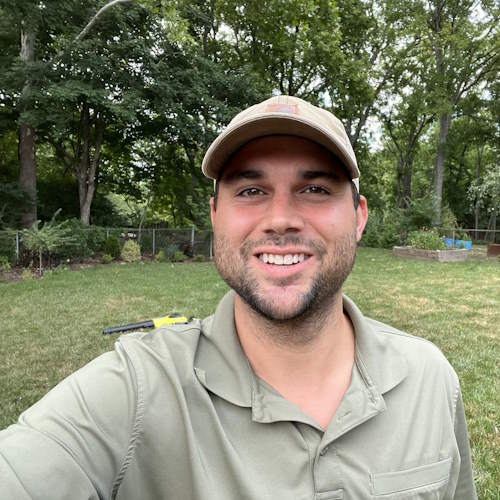
Tyler Graham is the editor of The Lawn Review, a website and YouTube channel for DIY lawn enthusiasts
Ways to avoid dollar spots on a lawn
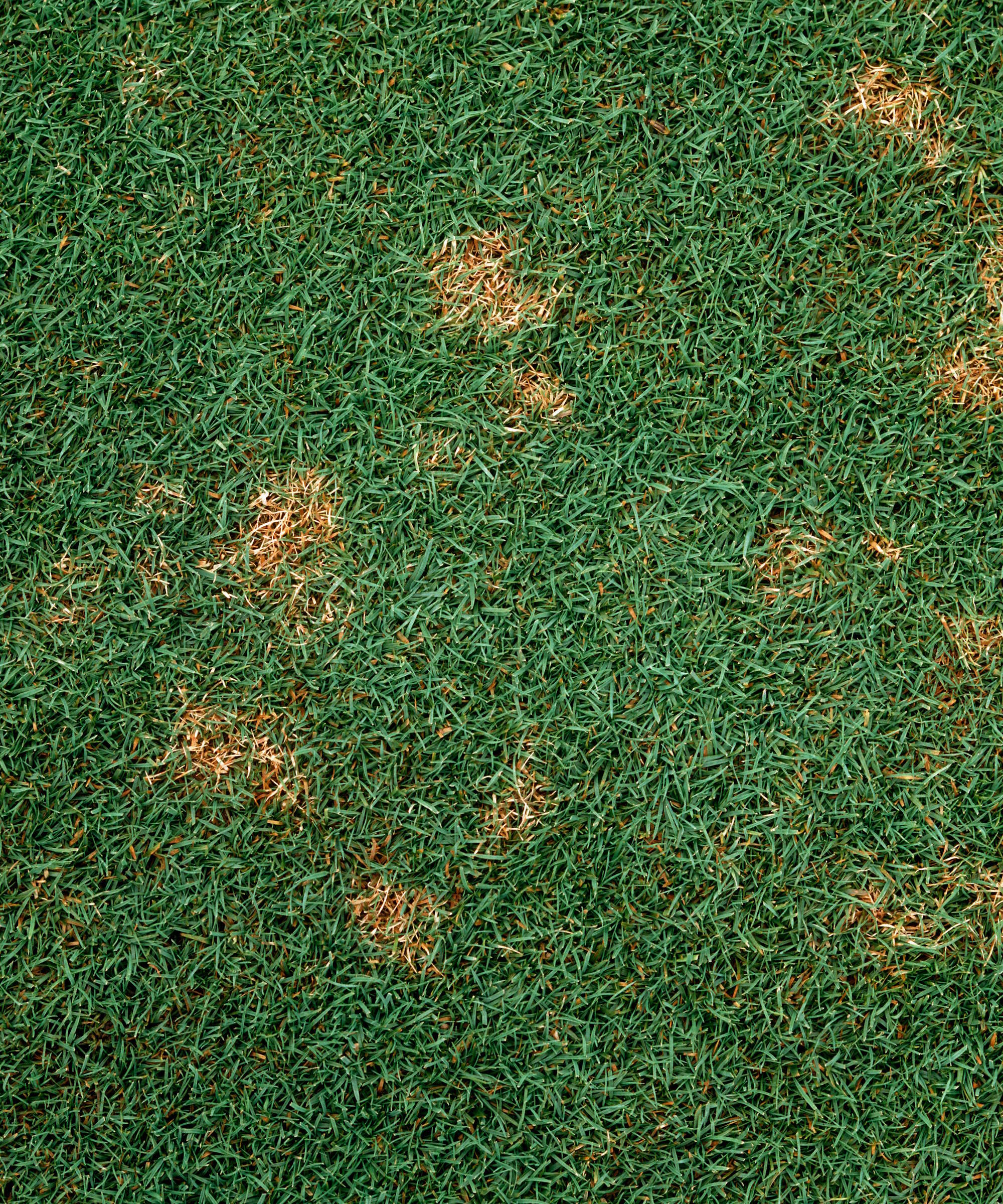
Dollar spots appear as patches of brown and dead grass
A good lawn care routine can help you proactively prevent dollar spot becoming an issue on your grass. Regular mowing, along with aeration, scarifying, and a good regime of fertilizing a lawn, can all contribute to preventing dollar spot, as a healthy lawn will make it more difficult for the fungus to establish itself.
Scarifying or dethatching a lawn can also remove thatch from the grass that is capable of harboring the fungal spores that cause dollar spots.
The make-up of grass seed can also make a difference in preventing dollar spot becoming an issue in your yard.
Mark Marino from Lawn Phix says: ‘Kentucky Bluegrass is the most susceptible to dollar spot, so it's a good idea to overseed with other grasses like Turf Type Tall Fescue and Perennial Ryegrass to help offset this fungus.’
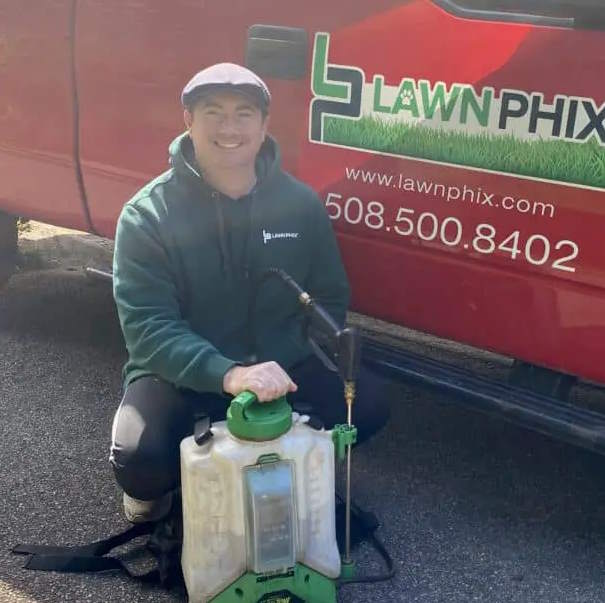
Mark Marino is the owner and operator for Lawn Phix in the state of Massachusetts. He is passionate about nurturing soil health and optimizing turf nutrition, creating an ideal environment for grass to thrive
How to treat dollar spots on lawns
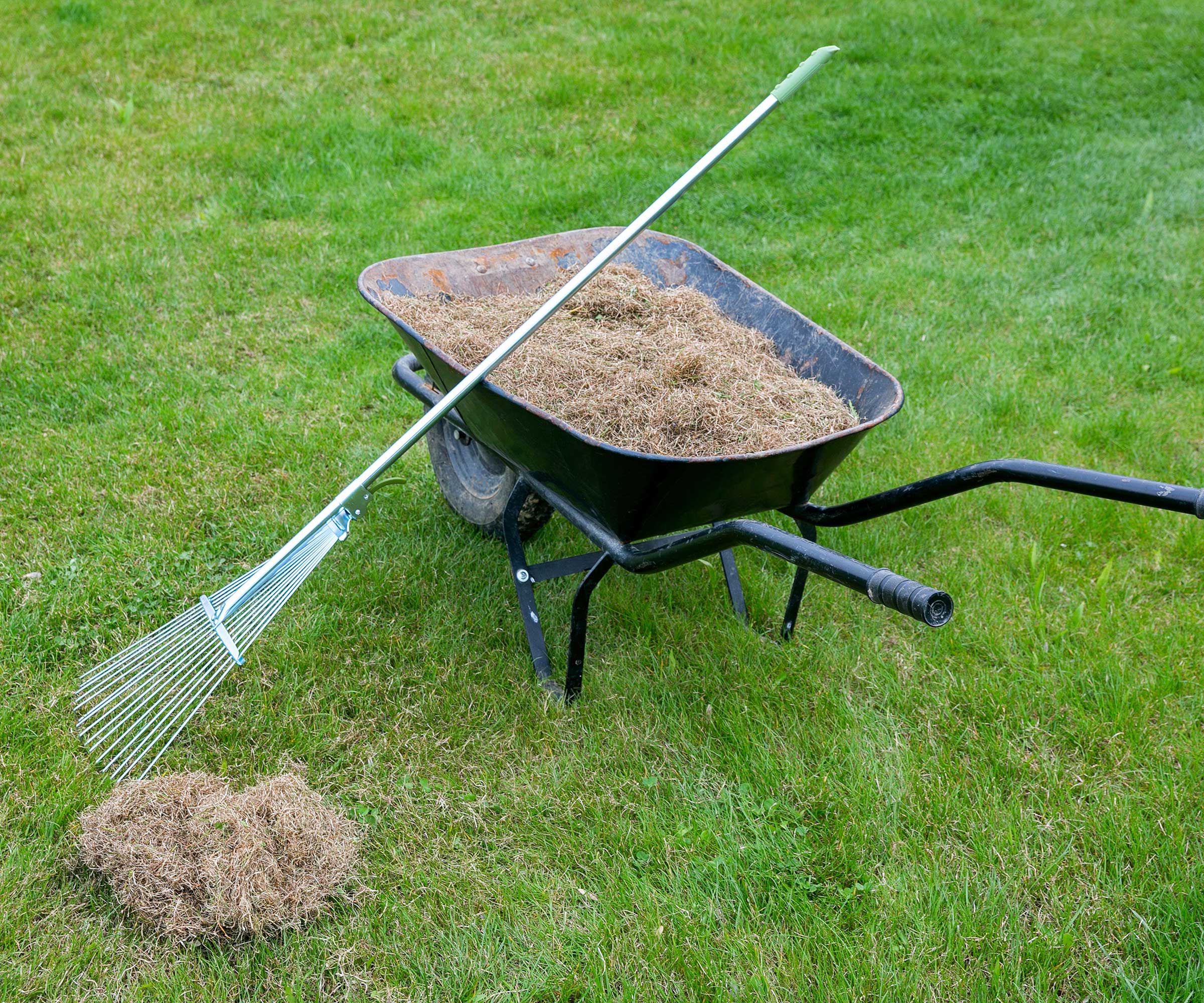
Dethatching a lawn can help protect it from dollar spot
If your lawn succumbs to dollar spots, there are fungicides that can be sprayed that can deal with the issue. Tyler Graham highlights 'bioadvanced fungus' removal, which contains the anti-fungal chlorothalonil, as one product that can be used.
Fungicides should not be seen as a treatment for dollar spot on lawns on their own, it is much better long-term to establish a good lawn care routine to keep such issues at bay.
‘If you’re not changing the environmental factors that encouraged the disease in the first place, then the disease will persist,’ warns Jeremy Yamaguchi, the CEO of Lawn Love.
‘Another reason fungicides aren’t a reliable solution is that dollar spot quickly develops resistance to fungicides. When using a fungicide to prevent further dollar spot infection, you should combine it with another lawn care treatment, like aeration.’
Tyler Graham adds that an alternative to fungicides is ‘to burn the impacted areas with a blow torch (safely)’. This should be seen as a last resort, as you could easily do much more damage to your lawn.
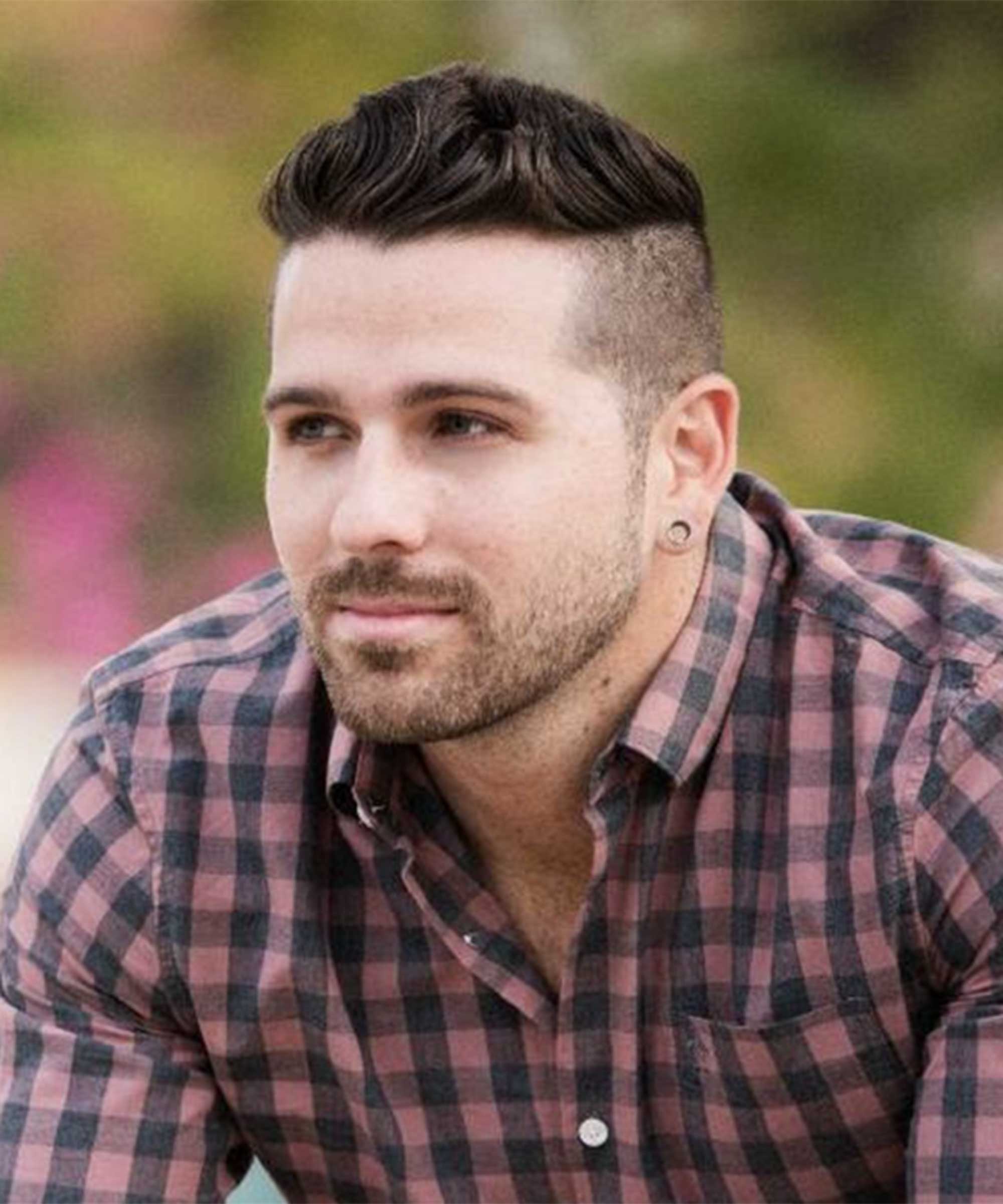
Jeremy Yamaguchi is the CEO of Lawn Love, a company that's bringing high-tech solutions to the lawn care industry. They have helped thousands of commercial and residential customers connect with the absolute best local lawn care professionals
FAQs
Will my lawn recover from dollar spot?
If you identify dollar spot then it should not be a reason to panic, as a lawn can easily recover from the issue. By taking measures to identify and deal with any potential causes, and using a fungicide if required, then the issue can be resolved and it will recover through good care.
Only use quality grass seed for overseeding the affected areas, and consider putting in some measures to stop birds eating that seed. Through regular mowing, watering, and maintenance, the lawn should make a full recovery.
Snow mold is another lawn issue and prevalent in winter. This fungal issue will appear after the snow melts and also has mold appearing like spider webs on the surface of patches of dying grass. If you spot patches of matted grass in winter after a period of snow, it is likely to be as a result of snow mold rather than dollar spot.

Drew has worked as a writer since 2008 and was also a professional gardener for many years. As a trained horticulturist, he worked in prestigious historic gardens, including Hanbury Hall and the world-famous Hidcote Manor Garden. He also spent time as a specialist kitchen gardener at Soho Farmhouse and Netherby Hall, where he grew vegetables, fruit, herbs, and cut flowers for restaurants. Drew has written for numerous print and online publications and is an allotment holder and garden blogger. He is shortlisted for the Digital Gardening Writer of the Year at the 2025 Garden Media Guild Awards.
